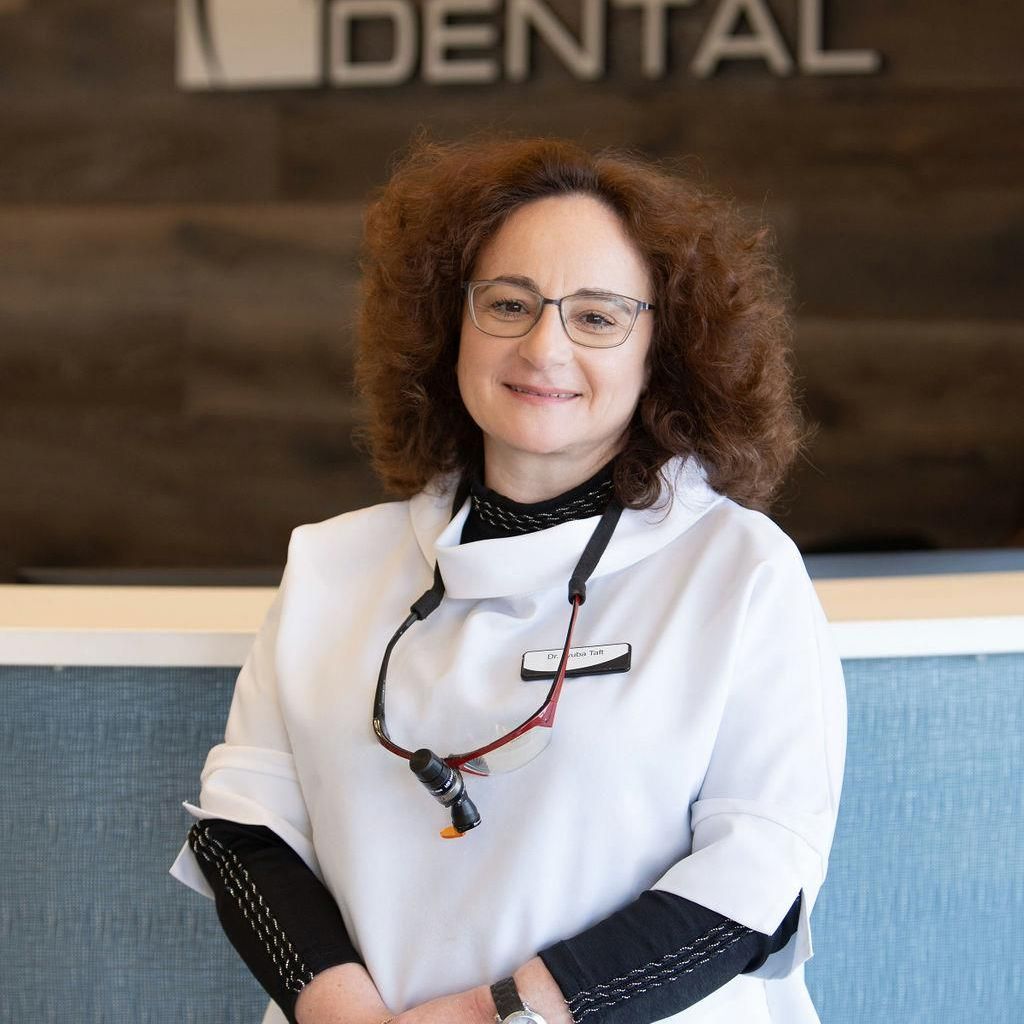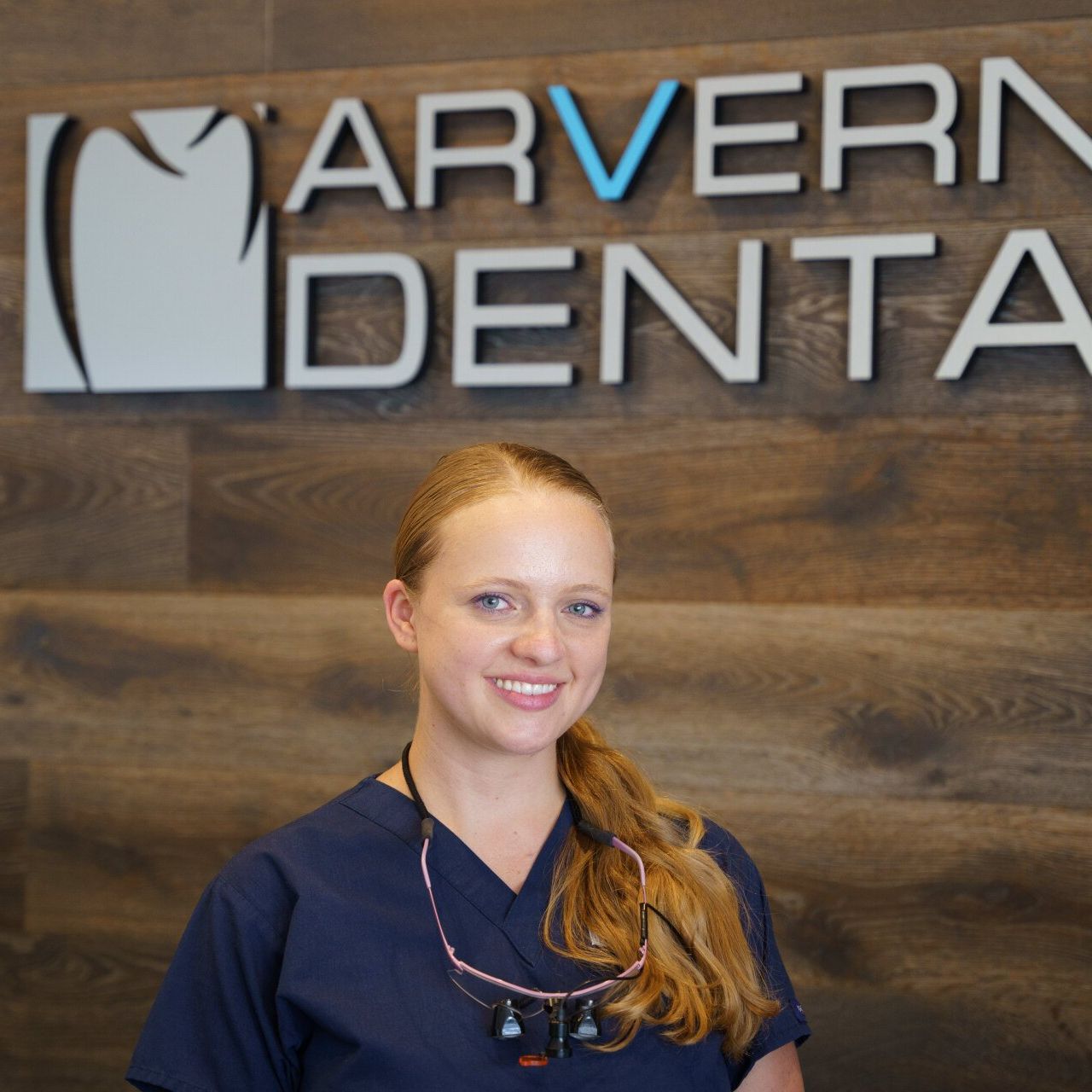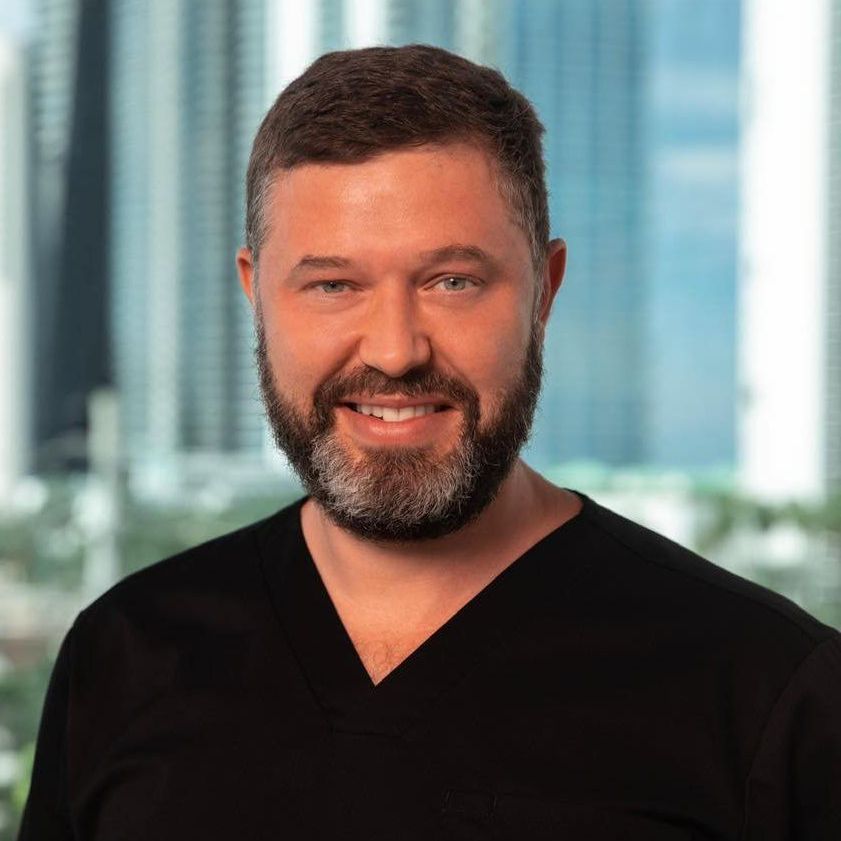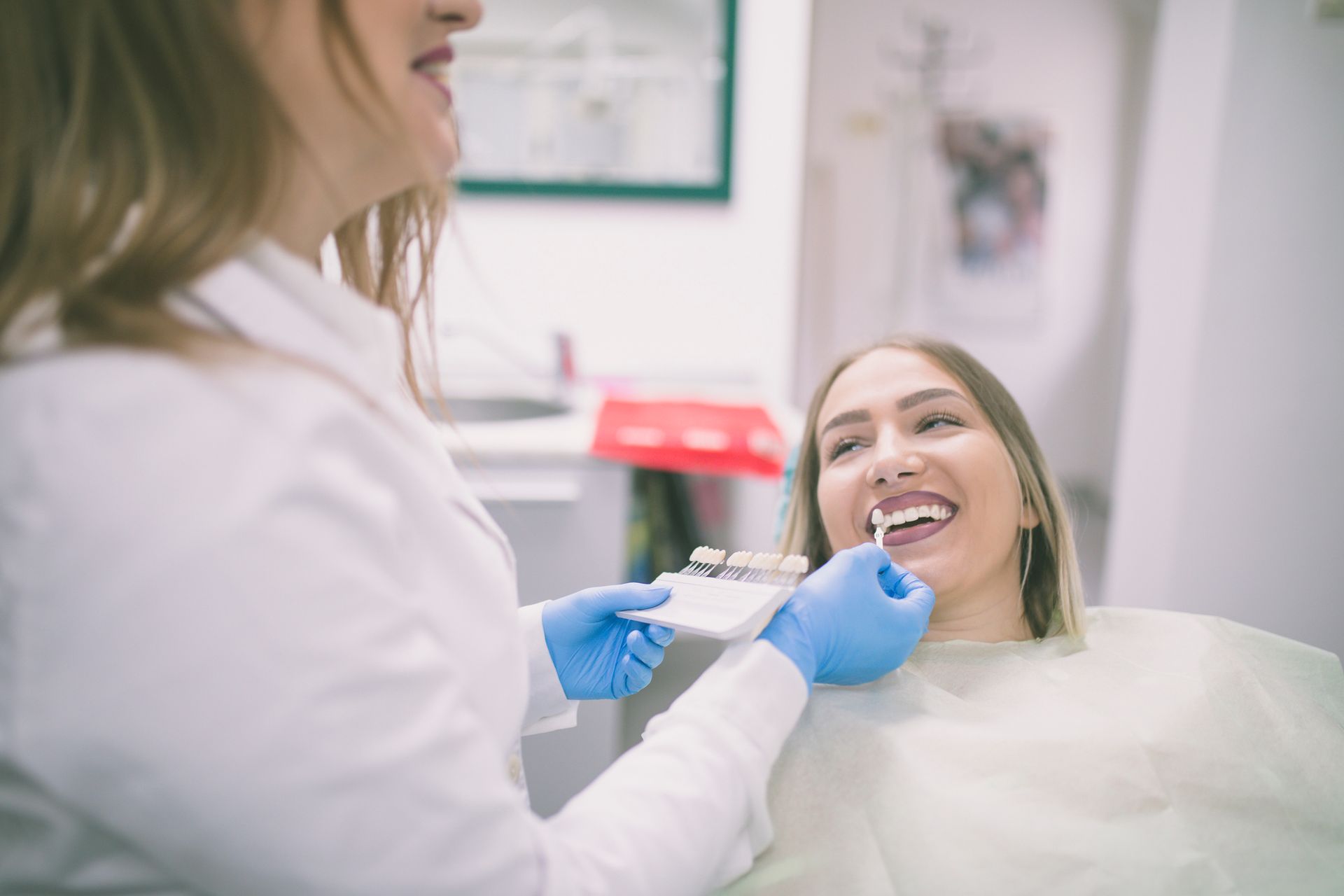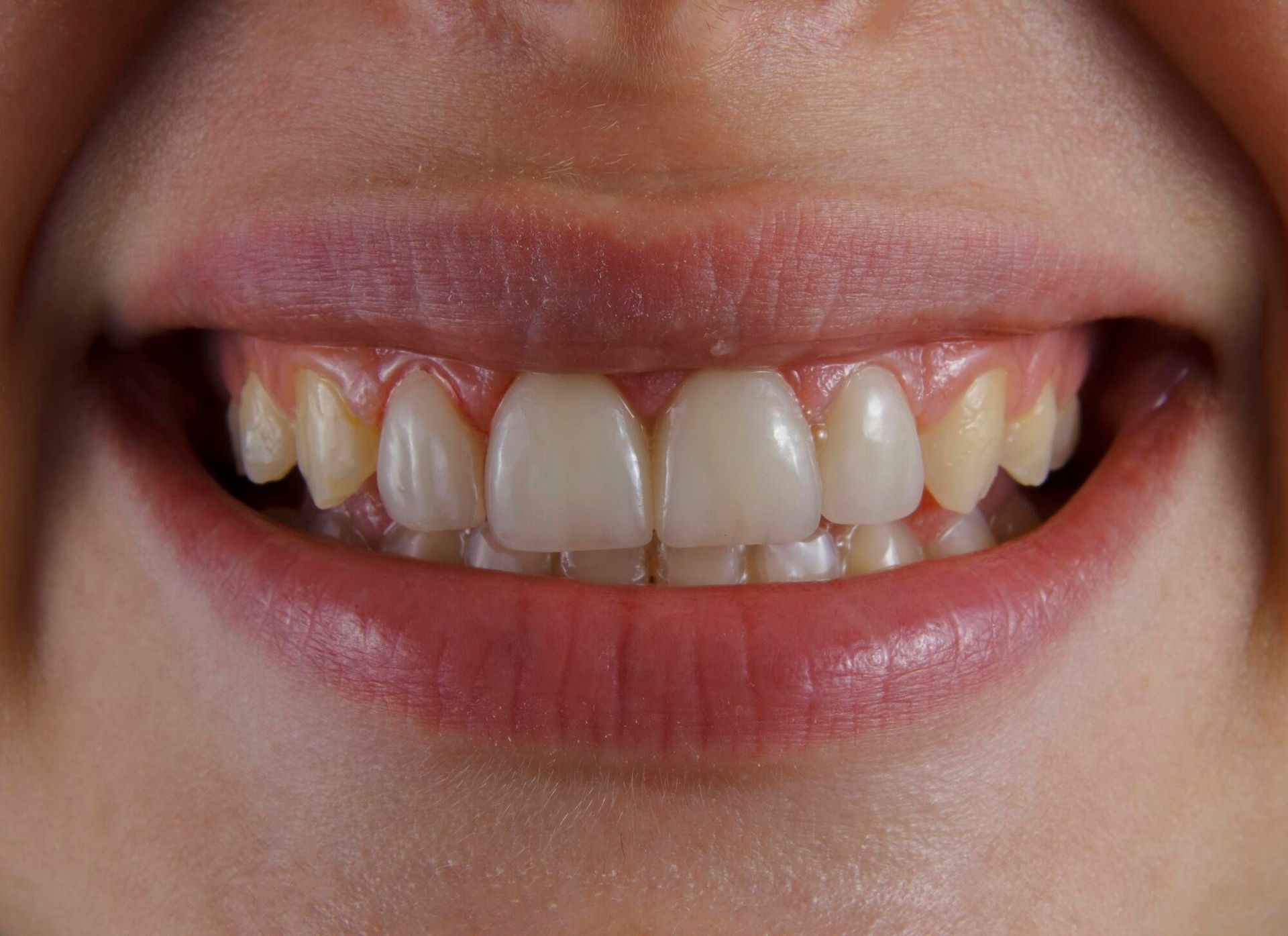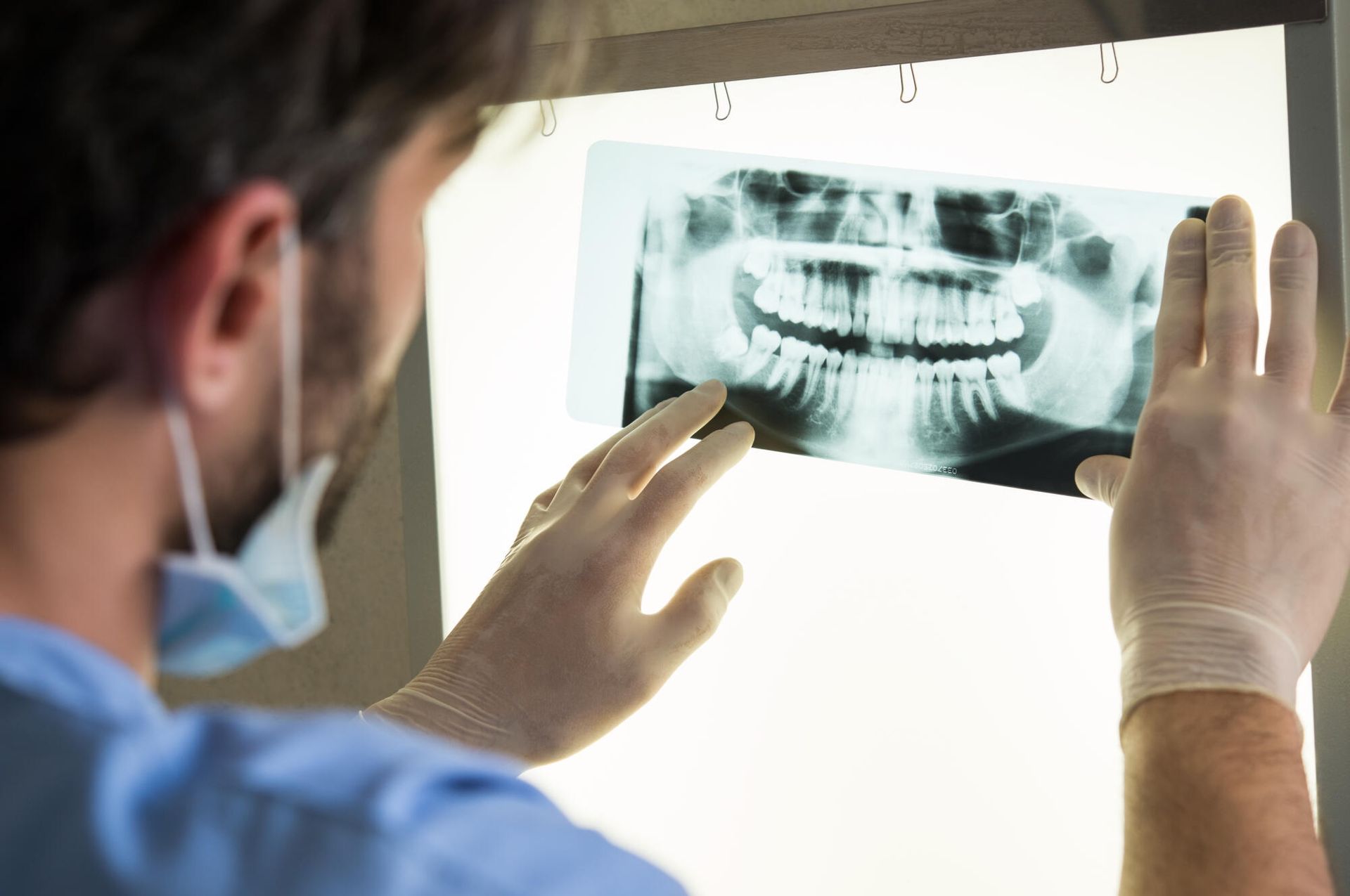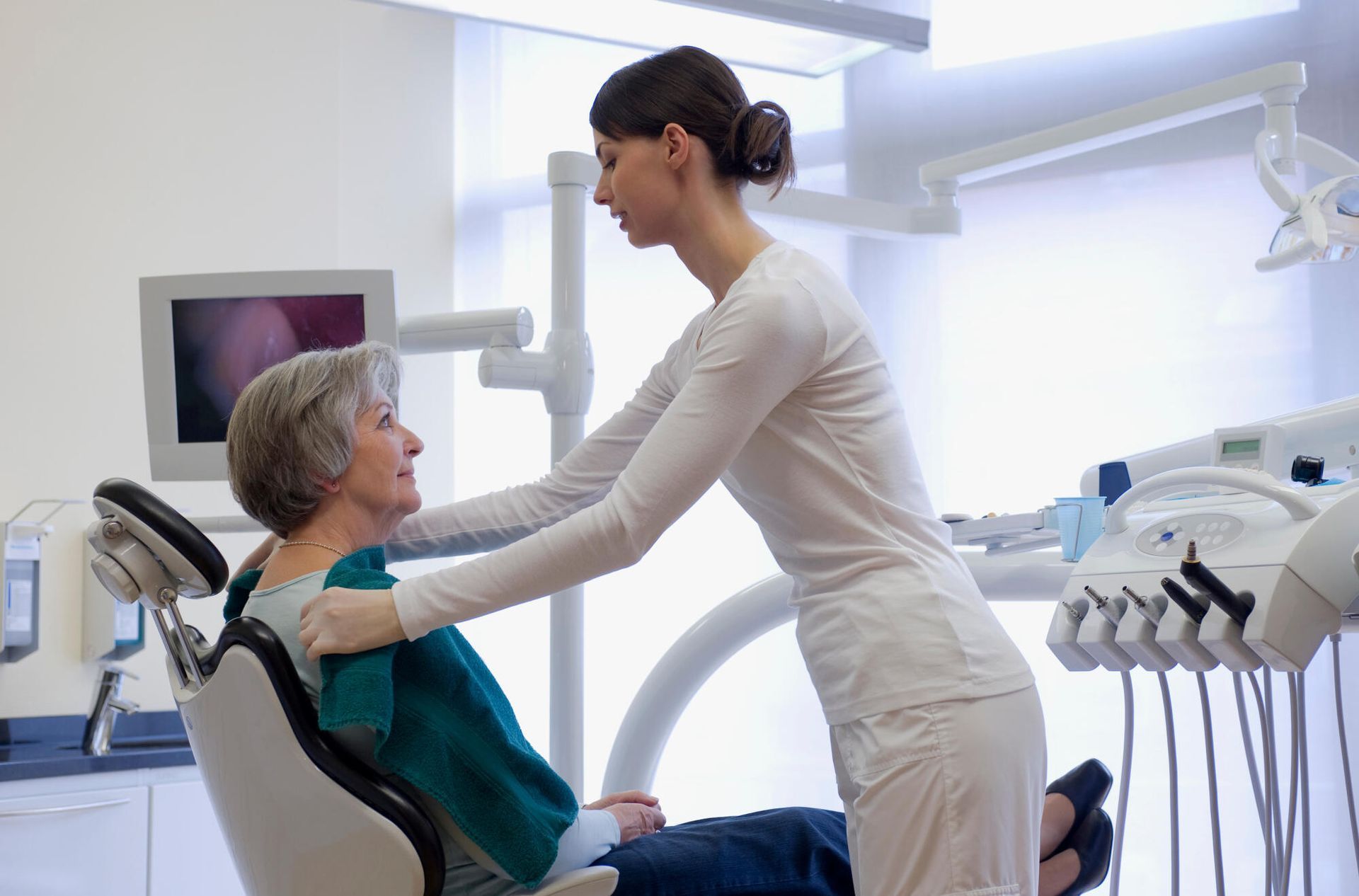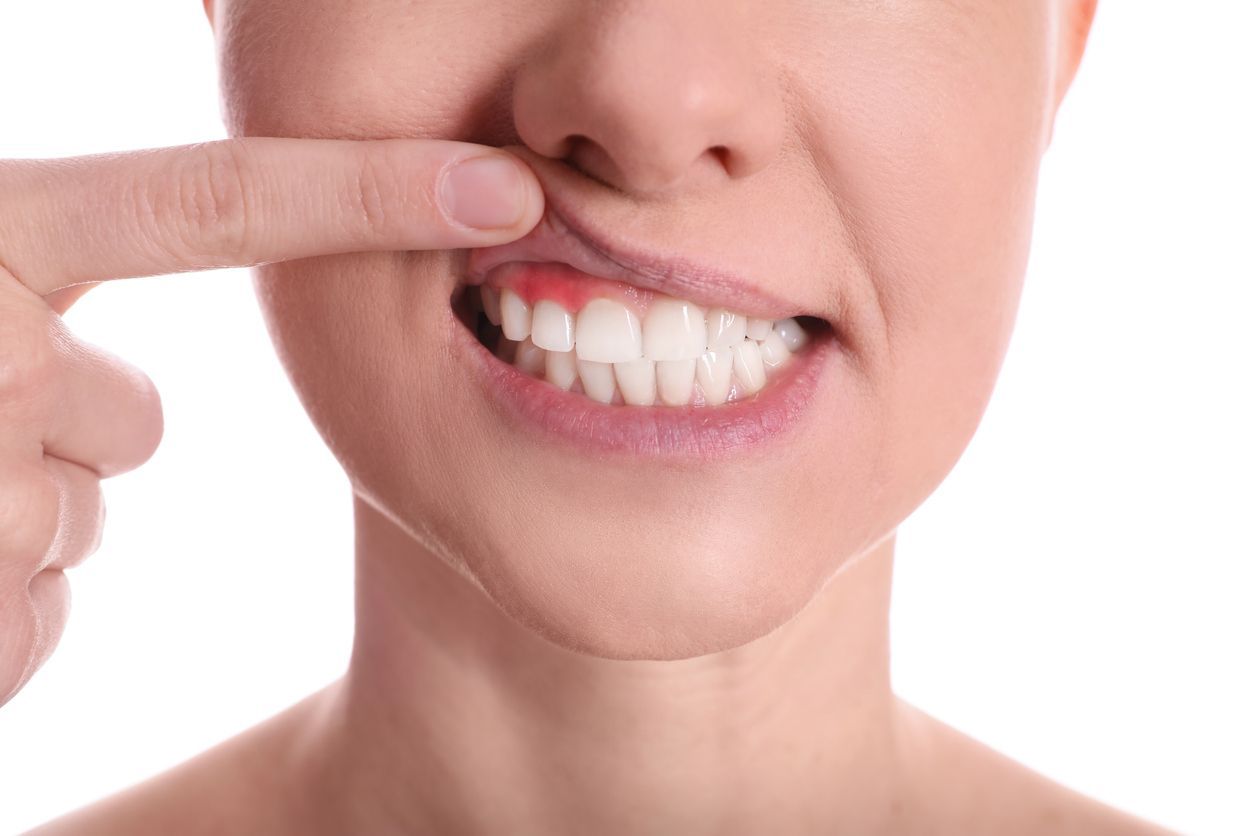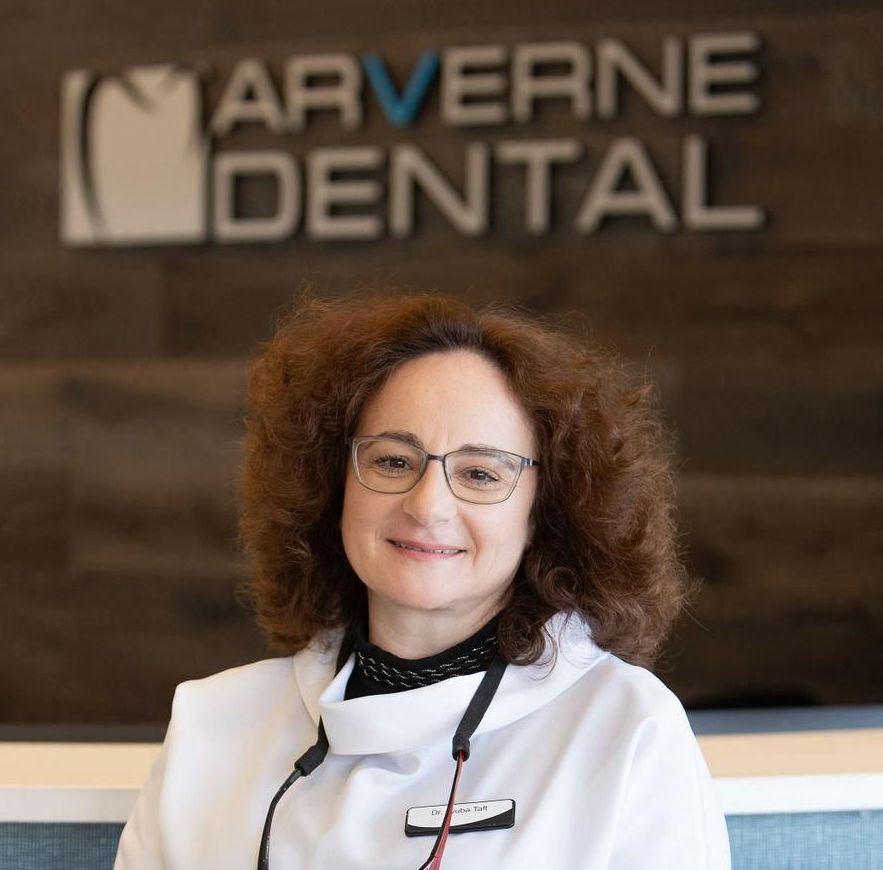How Periodontal Treatment Can Reverse Gingivitis
A 2013 study found that people who visited the dentist annually had healthier teeth than those who waited longer. So, if you've been holding out on a visit to your dentist, you could be harboring some dental issues behind your smile.
One very common – and potentially very problematic – issue that comes with irregular dental visits is gingivitis. Anywhere
between 50 and 90 percent of the adult population has gingivitis, according to American and British studies. If you do find out that you have it, your first question will be, can I fix my gingivitis? A dentist in Rockaway Beach, NY can answer that question for you personally. In general, though, here's what you should know about a potential treatment for gingivitis.
What is Gingivitis?
Let's start at the top. Firstly, you will want to know what gingivitis is before diving into any treatments for this condition.
Gingivitis is a very common, mild gum disease. It causes gingiva – the part of the gums around the base of your teeth – to swell, redden or otherwise feel irritated. Other signs of gingivitis include bad breath, as well as gums that bleed, recede, turn dark red, or otherwise feel tender. Those who develop gingivitis often have poor dental hygiene skills. You can side-step a gingivitis diagnosis altogether if you brush your teeth thoroughly twice a day and floss them.
How Does Gingivitis Form?
We mentioned that cases of gingivitis come down to poor oral hygiene. But how can inconsistent or low-quality teeth-brushing cause gum disease? In short, gingivitis is caused by plaque build-up on the teeth. Plaque forms quickly, and it coats your teeth daily. It's a sticky substance comprised mainly of bacteria created when sugar and starch reacts with the natural bacteria that lives in your mouth.
There's nothing you can do to stop plaque from forming on your teeth, but you can cleanse it away with a good teeth brushing at the start and end of every day. If you don't, this plaque becomes tartar, a hardened substance that lives beneath your gumline. It's more solid and stronger than plaque, so it provides a barrier of protection for the bacteria in your mouth to grow and thrive.
A professional dental cleaning can help you remove tartar, but you can't do it on your own. If you leave tartar — and allow plaque to keep forming on your teeth without a thorough brushing — you will develop gingivitis along the base of your gums. They will become irritated and painful, and they may be more prone to bleeding, too.
Can I Reverse Gingivitis?
With all of this information in mind, we can now look at your main question — is gingivitis reversible? First and foremost, you can prevent gingivitis altogether with a solid at-home oral care regimen, as well as regular tips to the dentist. Your dentist in Rockaway, NY can pinpoint any signs of gingivitis early on, or they can help you treat an existing case of this mild form of gum disease.
Flossing
On that note, your dentist can help you to come up with an oral care routine that keeps gingivitis at bay. They may suggest that you start flossing your teeth, if you don't already. Using floss helps you clean between your teeth, reaching areas that your toothbrush can't.
At first, flossing may be hard for you to do without feeling gum pain. However, it's a vital step in preventing and reversing gingivitis. It removes plaque and bacteria from the areas most prone to gathering these harmful substances.
And you have options if you find traditional flossing to be painful or difficult. There are water flossers that work just as effectively while being more gentle to your smile. Invest in one to maintain the strength and health of your gums.
Mouthwash
Another must-have in your gingivitis-prevention routine is mouthwash. You can buy over-the-counter varieties designed to clean the gums and swish away bacteria. Your dentist may also prescribe a stronger mouthwash, which your local pharmacy can provide. Either way, these mouthwashes are meant to remove bacteria from between your teeth and other areas you can't reach with your toothbrush. A combination of mouthwash and floss can be super-effective in fighting and even preventing gingivitis.
Seeing Your Dentist
On that note, you may need some professional help in reversing your gingivitis. Your dentist can examine your gums to determine the severity of your case to decide which treatment to deploy. As we said already, they may suggest you floss or prescribe you a prescription-grade mouthwash. There are other treatments that they can give you, too.
For one thing, a dentist can scale and plane your teeth to remove underlying bacteria. Your dentist will numb your gums before performing this procedure, as it is a very in-depth cleaning and may cause some pain, especially to already-tender gingiva.
Your dentist can tell you more about other
periodontal treatments as well. The most important thing is to get help as soon as you notice the aforementioned symptoms of gingivitis. Without proper care, you can develop a more serious form of gum disease called periodontitis, and you may also experience tooth loss if your gums become too unhealthy.
Find a Dentist in Rockaway, NY to Help With Gingivitis
Now that you know that you can reverse a mild case of gingivitis, it's time to find a dentist in Rockaway, NY who can help you. Arverne Dental can provide you with the periodontal care you need to restore your gums and keep them in pristine condition.
Click here to contact us. We'll schedule your first appointment, examine your gums and come up with a treatment plan that works for you.
Dr. Lyuba Taft
General Dentist
Dr. Baruch Tetri
Periodontist
Dr. Mike Lee
Endodontist



